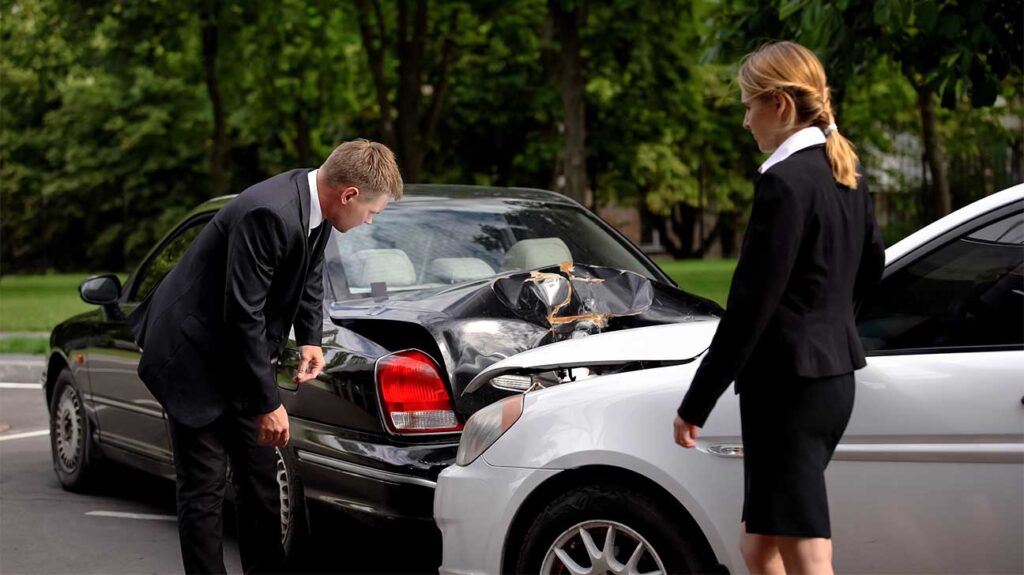Drivers must adhere to the law and practice good caution to prevent hurting other road users. If you have an accident in Cheyenne, make sure to contact a lawyer. But what does this necessarily involve? Let us examine a few instances:
- Driving at an appropriate speed.
Drivers are responsible for maintaining a reasonable, cautious speed while on the road, taking into account the traffic, a responsibility to maintaining reasonable and careful speed while on the road taking into account traffic, climate, vision, and other factors. If, for instance, visibility is poor, the weather is poor, or the situation calls for extra caution, even driving the legal limit may be deemed negligent.
- Attentiveness and maintaining a good gaze.
Drivers are responsible for being vigilant and keeping a close eye out for other automobiles and pedestrians, and a responsibility to be alert and keep a close eye out for other automobiles, pedestrians, and any tripping hazards. Drivers are required to notice what a common, responsible person would see. Neglect may be committed if you do not.
- Keeping control of the vehicle.
At all times, drivers are obliged to maintain control of their cars. For example, negligence may be assumed if a vehicle loses control for whatever reason by flipping over or veering off the road.
- Maintaining and using a vehicle’s correct equipment.
Drivers are responsible for keeping their cars in safe operating conditions. For instance, the brakes and lights must function correctly.
State Law Establishes Driver Responsibilities
The driving conduct demanded of drivers is governed by the motor vehicle regulations of each jurisdiction. In some cases, breaking a traffic law results in a “presumption” of carelessness, which requires the accused to provide proof that they were not guilty.
Examples of actions that could result in a negligence assumption include:
- Driving while intoxicated
- Speeding on the inappropriate side of the road.
- Breaking right-of-way laws, such as those about pedestrians.
How to prove negligence?
Carelessness will be involved any time the cause of a car accident is contested, whether through an insurance settlement or in court.
If you are the defendant in an automobile accident lawsuit, you must be able to prove all the following:
- The defendant was compelled by law to exercise reasonable caution. This is a given because it is essential by law that drivers exercise safety is the most important when operating their vehicles.
- The accused lacked caution. A “breach” (or violation) of the care obligation is what this is known as. According to the legislation, a driver’s behavior is compared to what a “reasonable person” would do to determine if they were driving with adequate caution.
- You were hurt as a result of the defendant’s actions.
- The claimant experienced quantifiable losses. Victims of auto accidents have a right to financial assistance for their injuries, lost wages or future earning ability, suffering and pain, and damage to vehicles. The plaintiff is not entitled to compensation in the absence of demonstrable damages.

